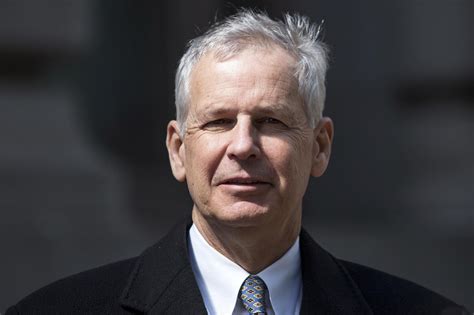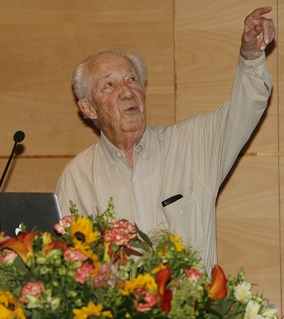A Quote by Hillary Clinton
Look at climate change; don't put your head in the sand. Understand that it is going to have profound effects on our resources and so much else.
Related Quotes
Being told about the effects of climate change is an appeal to our reason and to our desire to bring about change. But to see that Africans are the hardest hit by climate change, even though they generate almost no greenhouse gas, is a glaring injustice, which also triggers anger and outrage over those who seek to ignore it.
I think that when you put yourself, as actors have to do, in other people's shoes, when you have to put on the costume that someone else has worn in their life, it gets much, much harder to be prejudiced against them and even to be - to not try to look at the world in a sense of "I'm not going to judge somebody. I'm going to try to understand who they are and what they're about."
The cost of our success is the exhaustion of natural resources, leading to energy crises, climate change, pollution, and the destruction of our habitat. If you exhaust natural resources, there will be nothing left for your children. If we continue in the same direction, humankind is headed for some frightful ordeals, if not extinction.
At first when I heard about climate change, I was a climate denier. I didn't think it was happening. Because if there really was an existential crisis like that, that would threaten our civilisation, we wouldn't be focusing on anything else. That would be our first priority. So I didn't understand how that added up.
Certainly whatever climate change and global warming means, we've got a big issue here. Right now, this civilization or this period that we're in is probably going to need the resources off our planet, perhaps the resources from the asteroids, perhaps there will be some on the moon, perhaps some on Mars that we can utilize for our own uses here.
Some global hazards are insidious. They stem from pressure on energy supplies, food, water and other natural resources. And they will be aggravated as the population rises to a projected nine billion by mid-century, and by the effects of climate change. An 'ecological shock' could irreversibly degrade our environment.
...the world needs to face up to the challenge of climate change, and to do so now. It is clear that climate change poses an urgent challenge, not only a challenge that threatens the environment but also international peace and security, prosperity and development. And as the Stern report showed, the economic effects of climate change on this scale cannot be ignored, but the costs can be limited if we act early

































